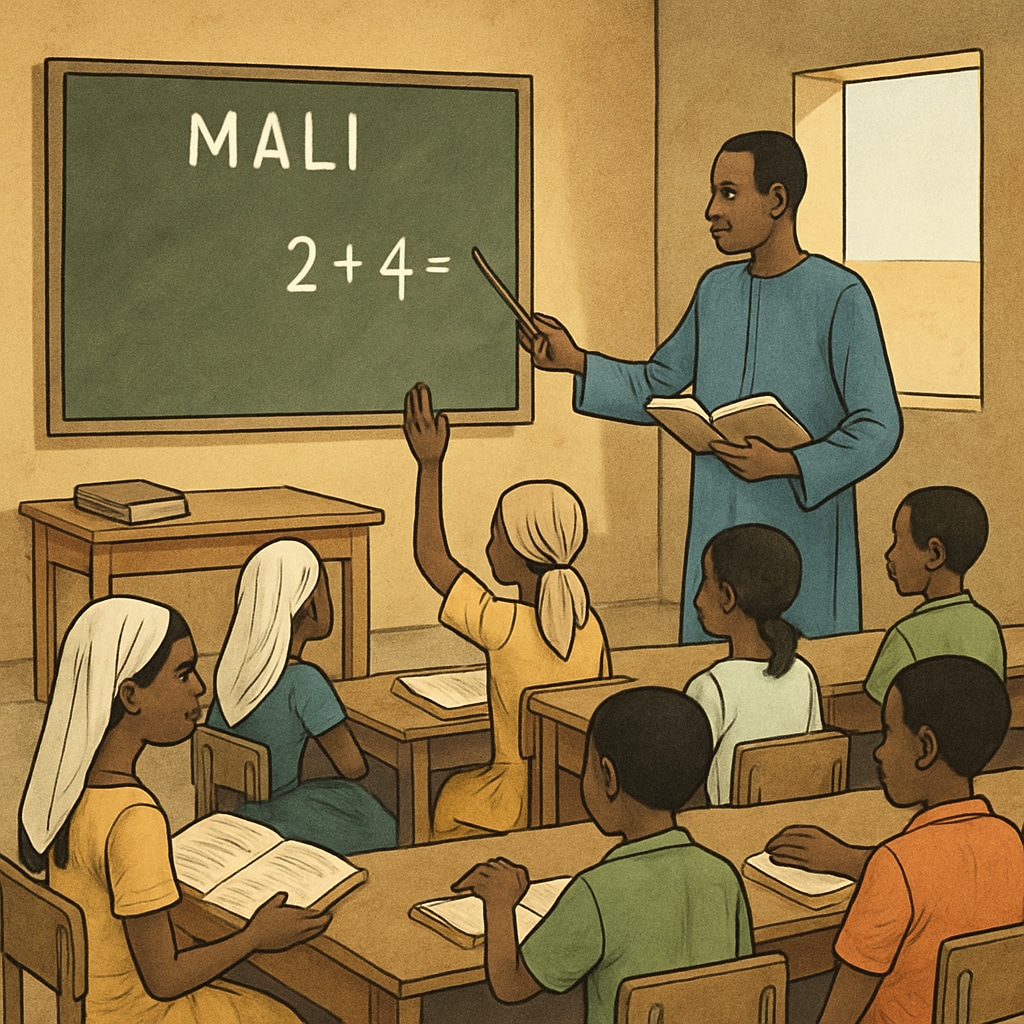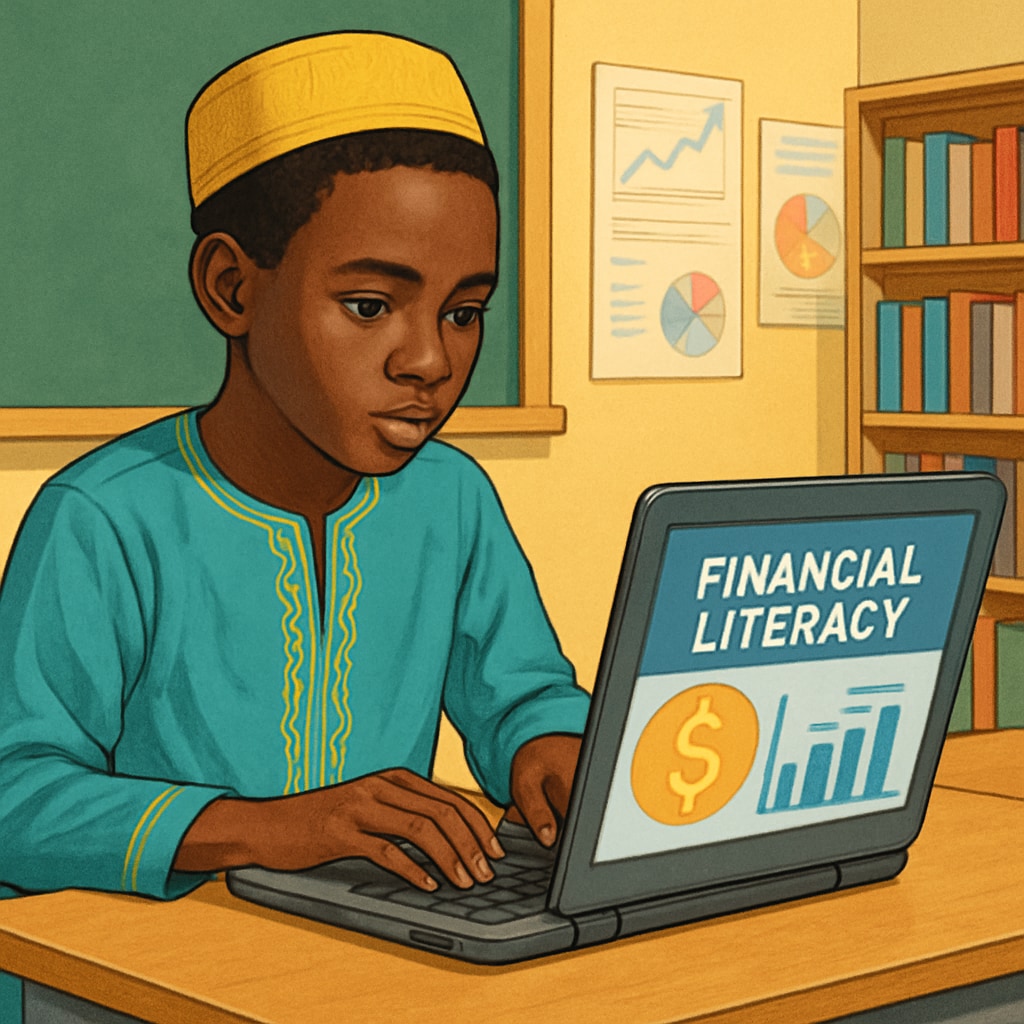The pursuit of a financial career in developing countries such as Mali often comes with significant hurdles. From limited access to quality K12 education to a lack of early career guidance, students face numerous barriers to realizing their potential in global financial markets. Addressing these challenges through the cultivation of international exposure and strategic planning is key to opening doors for ambitious youth. This article delves into how K12 education can serve as a launchpad for students in Mali and other similar contexts, offering them the tools to navigate a competitive global financial landscape.
Challenges in K12 Education for Financial Career Aspirants
Access to quality education plays a pivotal role in career development, especially in specialized fields like finance. Unfortunately, in regions like Mali, the K12 educational framework often suffers from systemic inequalities, including an uneven distribution of resources, outdated curricula, and undertrained educators. These challenges hinder students from acquiring the foundational skills necessary to compete internationally.
For example, financial literacy—a critical component for careers in banking, investment, or economics—is rarely emphasized in local curricula. Students are often unaware of global opportunities or the pathways to access them. Additionally, the absence of career counseling services in schools leaves students to navigate their futures without professional guidance.

The Role of International Exposure in Career Development
Developing a global perspective is crucial for success in the financial sector, where markets and practices are interconnected across borders. For students in Mali, exposure to international education systems and global financial practices can be transformative. Programs that offer exchange opportunities, scholarships for studying abroad, or international competitions provide students with direct access to knowledge and networks.
For example, organizations like the International Student Exchange Programs (ISEP) facilitate cross-cultural learning experiences, which can equip students with the skills and confidence needed to pursue high-level financial careers. Such initiatives also help students understand the practicalities of studying or working abroad, from navigating admission processes to adapting to new cultural environments.
Strategies to Overcome Educational Barriers
While systemic change in Mali’s educational system is a long-term goal, several immediate strategies can empower students to pursue financial careers:
- Early Financial Literacy Programs: Introducing financial literacy in primary and secondary schools can help students grasp fundamental concepts such as budgeting, investment, and economic principles.
- Partnerships with Global Organizations: Collaborations with international institutions can provide access to resources, mentorship, and scholarships.
- Leveraging Technology: Online platforms such as Khan Academy or Coursera offer free courses on finance, economics, and related fields, making global knowledge accessible to students in remote areas.
By adopting these strategies, students can overcome some of the resource limitations in their local environments and build a foundation for international success.

The Future of Financial Careers in Mali
The pathway to a successful financial career for students in Mali is not without its challenges. However, with targeted interventions in K12 education, such as integrating financial literacy, fostering global exposure, and leveraging technology, the barriers can be mitigated. Moreover, encouraging study-abroad opportunities and partnerships with international organizations will play a critical role in bridging the gap between local limitations and global opportunities.
In conclusion, by reimagining K12 education to focus on global financial careers, Mali can empower its youth to compete on an international scale. As a result, students will not only transform their personal futures but also contribute to the economic development of their communities and the nation at large.
Readability guidance: This article uses concise paragraphs, clear headings, and simple language to ensure accessibility. Lists are utilized to summarize key points, and external links provide additional context. Overuse of passive voice and long sentences has been avoided.


